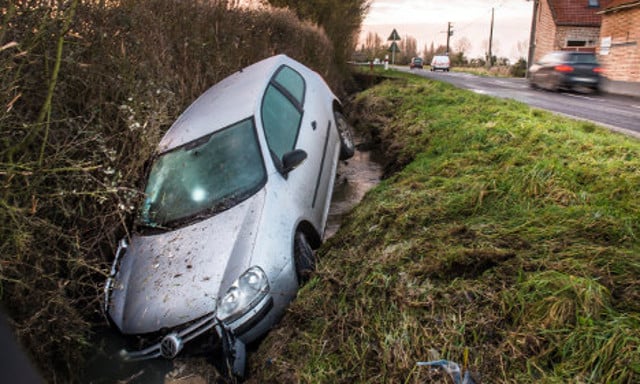- British father and 10-month-old baby killed in horrific road crash in northwestern France
- 'Risky drivers' prompt historic hike in French road deaths
 File photo: AFP
File photo: AFP
A large rise in the number of deaths on France's roads in June 2017 compared to last year shows France is still struggling to stem its high road fatality rate.

 File photo: AFP
File photo: AFP